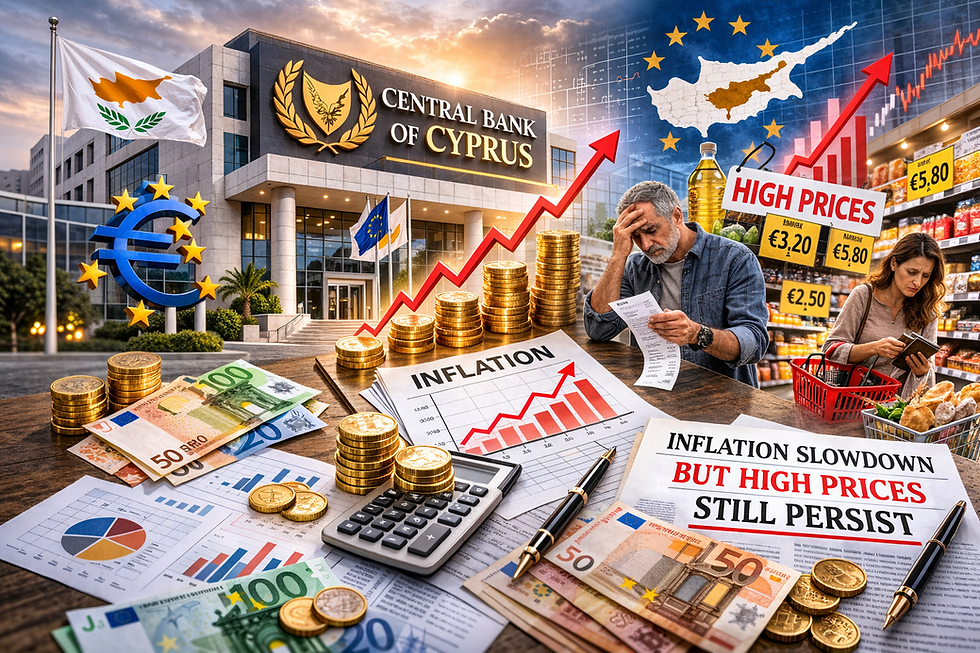EU Investments in China Reach Record $3.9 Billion Despite Rising Trade Tensions
- Oct 31, 2024
- 3 min read
Despite increasing calls by EU leaders to "de-risk" economic ties with China, greenfield investments by European businesses in the Chinese market hit record levels in the second quarter of 2024, predominantly led by German automotive giants.

Data from the consultancy Rhodium Group indicates that EU greenfield investments—those that establish new companies or facilities—soared to €3.6 billion (US$3.9 billion) in China from April to June. This quarterly investment far surpassed the EU’s average of €1.8 billion per quarter since 2022, with German firms responsible for 57% of total EU greenfield investments in China in the first half of 2024.
Among EU companies, Germany’s Volkswagen, BMW, and BASF ranked as the top three investors, joined by Sweden’s Ingka Group (owner of Ikea) and Dutch-based tech company STMicroelectronics. Rhodium Group’s analysis shows that automotive manufacturers have contributed around half of the EU’s total investment in China since 2022. The rush to expand facilities is likely motivated by firms aiming to localize production, in an attempt to shield supply chains from growing geopolitical risks, by operating “in China for China.”
This surge in EU investment follows increased trade friction between the EU and China, particularly in the automotive sector. This week, the European Commission implemented significant tariffs on Chinese-manufactured electric vehicles, with rates from 7.8% for Tesla models imported from China to as high as 35.3% for vehicles from China’s SAIC Group.
These tariffs aim to counterbalance Beijing's state subsidies for EVs.
The tariffs, however, have met resistance from Germany’s auto sector. Hildegard Müller, President of the German Association of the Automotive Industry (VDA), criticized the tariffs as “a step backwards for free global trade” and warned that they “increase the risk of a far-reaching trade conflict,” though she noted that “the door for negotiations remains open.”
According to documents from the European Commission, the VDA made repeated arguments against the tariffs, asserting that “the market shares of Chinese companies were too small to cause the threat of injury,” and that it was unlikely that “the market share of Chinese brands would increase significantly in the foreseeable future.”
Germany’s deep trade and investment ties with China also render it susceptible to retaliatory moves by Beijing—a concern the VDA repeatedly raised. China’s Ministry of Commerce has already suggested raising tariffs on large-engine vehicles from 15% to 25%, a change that would hit German exporters and also affect Slovakian car exports, as noted during Slovak Prime Minister Robert Fico’s visit to Beijing this week.
“These investments are deepening the dependency of some of Germany’s largest companies on the Chinese market at a time when economic de-risking from China is a stated policy goal in Berlin and Brussels,” Rhodium reported. The analysis added, “As we saw in October, when the German government voted against EU duties on electric vehicle imports from China, these deepening ties can have a major influence on Germany’s policy toward China. This is likely to become a growing source of tension within the EU and between Europe and the United States.”
The European automotive industry has recently faced intensifying competition from Chinese firms. Volkswagen announced the closure of three German plants this week, citing mounting competitive pressure from China. Audi stated it would end EV production at its Brussels facility, partly due to market share loss in China. In addition, Mercedes-Benz and Porsche are implementing cost-cutting strategies following sharp declines in quarterly profits, attributed partly to slumping sales in China, where Mercedes-Benz reported a 17% sales drop last quarter, compared to a 25% drop in Germany. Operating profits for Porsche fell by 41%, which the company attributed to “a structural shift in demand” in the Chinese market.
In this challenging environment, Rhodium’s report called the recent increase in EU investments in China “surprising.” According to its analysts, “China’s business environment is becoming ever more challenging for foreign companies. Business sentiment among European firms in China stands at an all-time low amid growing concerns about a lack of economic reform, increasingly politicised, securitised, and unpredictable policymaking, and faltering growth.”
By fLEXI tEAM





Comments